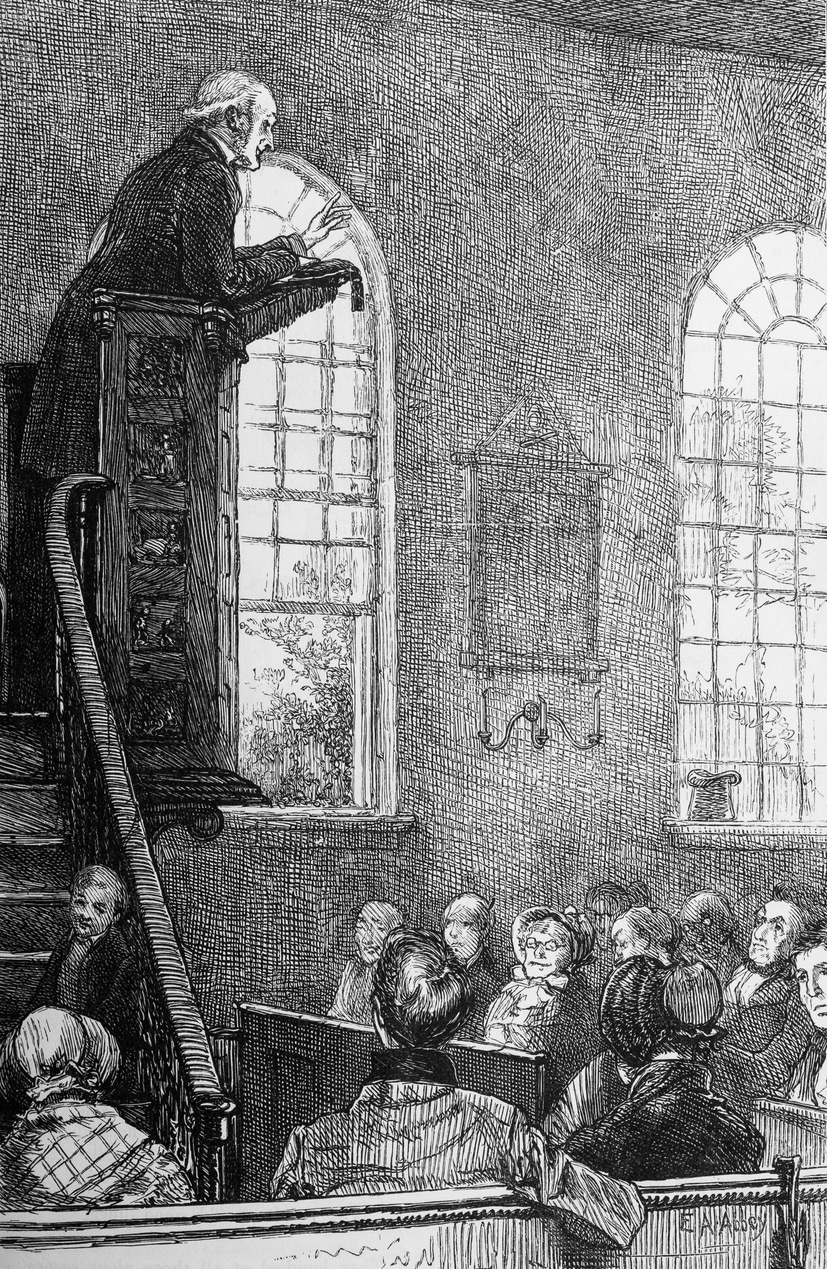Long before the U.S. Supreme Court decided that the provisions of the First Amendment applied to the states via the due process clause of the 14th Amendment, state courts resolved issues on the basis of state constitutions and declarations of rights with similar provisions. Some states had established churches, but Massachusetts, the last state with such a church, eliminated it in 1833.
North Carolina Constitution of 1776
The Constitution of North Carolina, which was adopted in 1776, contained a provision, in Article 31, which is today considered to violate the First Amendment (see McDaniel v. Paty (1978)), that prohibited practicing clergy from serving in the state legislature. It contained another provision, which would similarly be invalid today (see Torcaso v. Watkins (1961)), in Section 32 providing “That no person, who shall deny the being of God or the truth of the Protestant religion, or the divine authority either of the Old or New Testaments, or who shall hold religious principles incompatible with the freedom and safety of the State, shall be capable of holding any office or place of trust or profit in the civil department within this State.”
More positively, Section 19 of North Carolina’s Declaration of Rights, provided “[t]hat all men have a natural and unalienable right to worship Almighty God according to the dictates of their own consciences.”
Section 34 of the state constitution, moreover, contained provisions similar to the establishment and free exercise clauses of the First Amendment. It read as follows: “That there shall be no establishment of any one religious church or denomination in this State, in preference to any other; neither shall any person, on any presence whatsoever, be compelled to attend any place of worship contrary to his own faith or judgment, nor be obliged to pay, for the purchase of any glebe, or the building of any house of worship, or for the maintenance of any minister or ministry, contrary to what he believes right, or has voluntarily and personally engaged to perform; but all persons shall be at liberty to exercise their own mode of worship: -- Provided, That nothing herein contained shall be construed to exempt preachers of treasonable or seditious discourses, form legal trial and punishment.”
Ruling involved man convicted of disrupting Baptist worship service
In State v. Jasper (1833), Chief Justice Thomas Carter Ruffin delivered an opinion on behalf of the North Carolina Supreme Court, involving Henry N. Jasper of Franklin County. He had been convicted of disrupting Baptist worship services at Haywood’s meeting house by “talking and laughing in a loud voice, and by then and there making divers ridiculous and indecent actions and grimaces, and otherwise misbehaving himself, during the performance of divine service in said meeting house to the great disturbance and insult of the orderly people there, and on the said other days and times, then and there assembled, and against the peace and dignity of the State.”
The record does not indicate whether he was what would today be called a charismatic Christian who was demonstrating that he was filled with the Spirit or whether he was a religious nonbeliever or a member of a different sect who was purposely attempting to be disruptive.
Apparently failing to find a specific state statute that Jasper had violated, officials had charged him with a misdemeanor under common law and he had been convicted. The state Superior Court had reversed the judgment, apparently because he had not been convicted pursuant to a specific statute.
Chief Justice emphasized rights of conscience in how to worship
In this decision, the State Supreme Court overruled the Superior Court. Citing Section 34 of the North Carolina Constitution, Justice Ruffin observed that “[a]ll constraints upon the conscience of individuals are thus removed whether they be in their nature positive, that the citizens shall worship in a particular form or profess a particular creed or negative, that he shall not.” He further observed that “The provision does not profess to confer this right. It is worded, so as to show that it is acknowledged as pre-existing. The right is declared in the Bill of Rights to be a natural and unalienable right in all men. Its sanctity in all times to come, is guaranteed by the Constitution.”
Ruffin believed that “The worship of God is not therein treated as indifferent, either in reference to the welfare of individuals, or the common interest. On the contrary, it is assumed to be a moral duty incumbent upon all men, and their highest privilege, as intelligent and accountable being; a duty, that is best performed, both in honour to God, the comfort of each man and the peace and order of society.” He further noted that “the idea of practical religion cannot be separated from that of the assemblage of its professors for communion of doctrine, of charity, and of worship.”
Ruffin upheld conviction of man who disrupted service
Recognizing that common law would permit Jasper’s punishment in England, with its established church, Ruffin noted that Americans had decided “that religion needs no aid from the civil power, but [except] the guaranty of its freedom from interruption, either by unjust laws or lawless force, or wontonness of individuals.”
Citing the state constitution as “an express warrant” against such interruption, Ruffin concluded that the conviction should be upheld and supported the decision with the reference to two other cases involving public meetings. He concluded that “Not less certainly, does the public worship of Almighty God involve the good order of political society, and its disturbance produce wrath and violence.”
Current law
The North Carolina case is similar to modern rules permitting reasonable time, place and manner restrictions on public speech. Current state laws allow churches to bar disruptive individuals from church services and permits churches to request court orders barring them from the premises.
John R. Vile is a political science professor and dean of the Honors College at Middle Tennessee State University.

